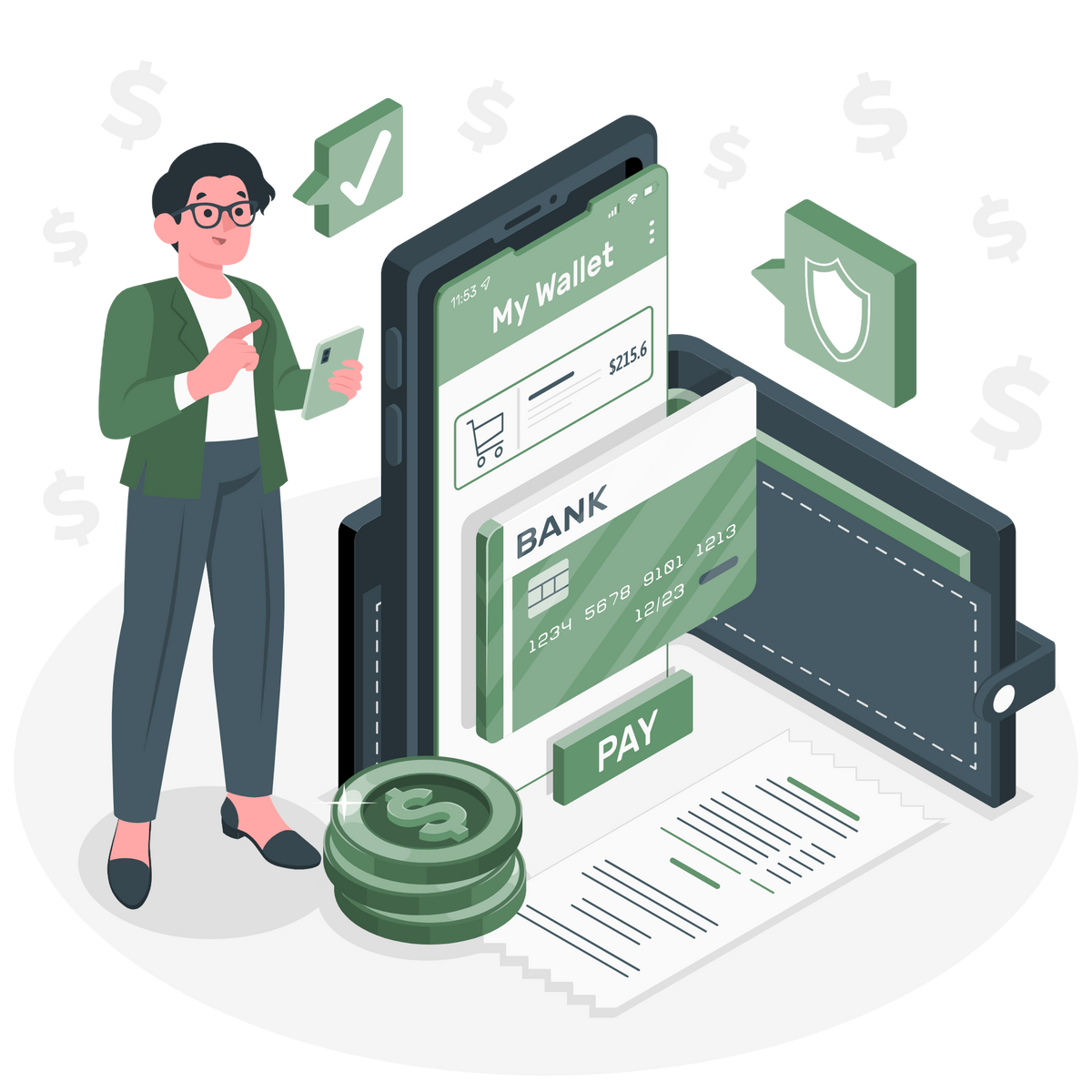The Problem with Apple Banking Products
You know them for the legendary iPod, Mac, and iPhone. But Apple is breaking new ground now with the offering of banking products through Goldman Sachs. Here's the low down.

As one of the biggest names in tech, Apple has expanded its reach into many areas of our lives, including financial services. If you missed our newsletter, we touched on this briefly but we HAD to go into more depth with a full post.
It's been a little over a year since Apple announced its newest product to the public - The Apple Savings Account. This comes in addition to other releases such as the Apple Wallet, Apple Credit Card, and Apple Pay Later (their buy-now-pay-later program). Seeing the trend yet?
While the company's new financial products may seem attractive at first glance, there are some concerns that users should be aware of. In this article, we'll take a closer look at the problem with Apple banking.
First, please consider subscribing to my email list. Here's what you'll get for free:
- Our printable downloads
- Our digital downloads
- All of our exclusive credit card articles
- Waitlisted for our insights newsletter
Apple is Not a True Bank
Despite offering financial services, Apple is not a true bank. Rather, the company partners with financial institutions like Goldman Sachs to offer savings accounts and other products.
This means that while Apple may have a slick interface and strong brand recognition, they are not subject to the same regulations and oversight as traditional banks. This lack of transparency and regulation should be a concern for anyone considering opening an account with Apple.
Security Concerns
As with any financial institution, security is a major concern when it comes to Apple banking. Especially with the whole SVB crash issue still looming in the air. While the company has implemented several security measures to protect user data, there have been some high-profile breaches in recent years.
For example, in 2019, a flaw in the FaceTime app allowed users to eavesdrop on conversations without the other party's knowledge. While this may not seem directly related to banking, it highlights the potential vulnerabilities of Apple's systems.
What to Look Out For
If you're considering using Apple's financial services, there are a few things to look out for. Here are some tips to help you make an informed decision:
- Don't be swayed by the brand name alone. Just because it's Apple doesn't mean it's the best financial product for you.
- Watch out for hidden fees. While Apple's savings account may have no fees or minimum balance requirements, other financial products may not be so transparent.
- Consider the security risks. While Apple has strong security measures in place, there is always the risk of data breaches or other security vulnerabilities.
Apple as a Bank? Ehhh I Dunno
While Apple's financial products may seem attractive at first glance (seriously their savings interest rate is pretty competitive), there are still some significant concerns that users should be aware of.
From the lack of regulation to potential security vulnerabilities, consumers should be cautious when considering Apple banking products. By staying informed and doing your due diligence, you can make the best decision for your financial needs.

The Bottom Line
While Apple's foray into financial services may seem like a savvy move for the tech giant, there are a few key takeaways that users should keep in mind.
Apple is interested in three things; Money, Sales, and Control
More Money (duh): By partnering with Goldman Sachs to offer a high-yield savings account, Apple is generating revenue through interest income. While this may be good news for investors, it's important to remember that Apple is not a traditional bank and does not offer FDIC insurance. It’s all through Sachs. As a result, users should be cautious when depositing large sums of money into Apple's financial products.
More Sales Outlets: In addition to generating revenue through interest income, Apple's financial products also offer the company an opportunity for cross-selling and up-selling of its other products and services. By creating a one-stop shop for all things finance-related, Apple is deepening customer engagement and loyalty. However, this could also mean that users may feel pressured to purchase additional Apple products or services they may not actually need.
More Control Over User Info: By offering financial services, Apple also gains enhanced control over user data and insights. This allows the company to offer more targeted and personalized marketing efforts. While this may seem convenient for users, it's important to consider the potential privacy implications.
The bottom line, users should approach these pop-up offers with caution. Do your research and subscribe to our newsletter below for all the tea on these new financial drops.




Comments ()